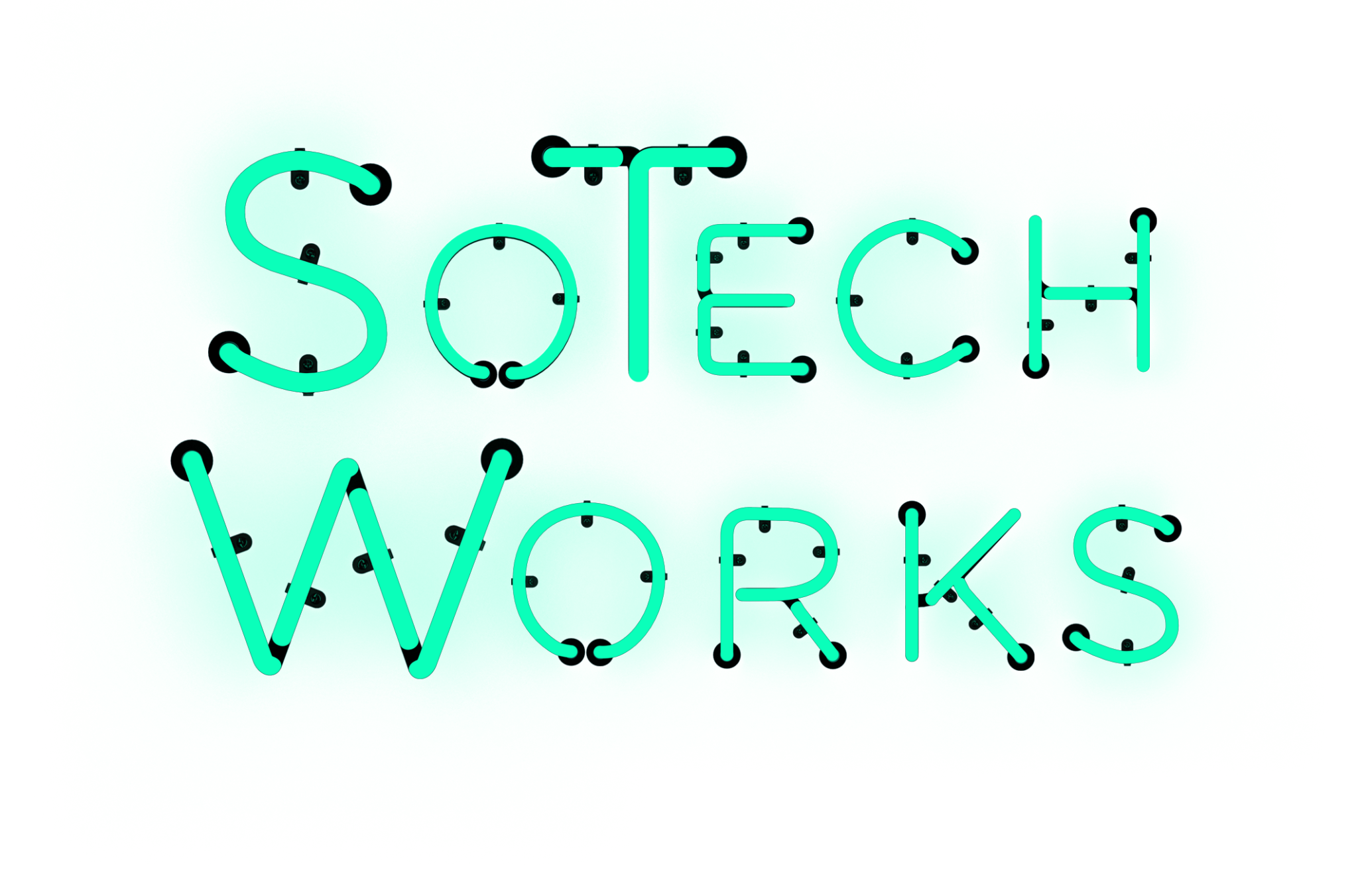Supreme Court to hear Apple App Store antitrust arguments – CNET
Supreme Court to hear Apple App Store antitrust arguments
The question is whether consumers can sue over commissions charged to developers.

The US Supreme Court agreed Monday to hear a petition by Apple that calls into question who can bring an antitrust case against the company: developers of apps for its mobile devices or customers of its App Store.
The case, Apple v. Pepper, will be reviewed by the Supreme Court during its next term, which starts in October.
The seven plaintiffs in the case have filed four antitrust class-action complaints against Apple since 2011. The allegations were based on Apple’s business model of charging app developers a 30 percent commission for each sale and prohibiting them from selling iPhone apps outside of the App Store.
The lawsuit was initially dismissed because the commission is imposed on the developers, not the purchasers who are suing. But the plaintiffs appealed and the Ninth Circuit Court of Appeals ruled that they had standing to sue Apple.
Apple told the court in an appeal that the outcome of this lawsuit could affect e-commerce venues such as Google Shopping, Amazon and Facebook’s marketplace. Those online marketplaces act as middlemen between consumers and third-party businesses. The companies take commissions on sales, but don’t set retail prices for the products they sell.
“This is a critical question for antitrust law in the era of electronic commerce,” Apple stated in its petition. “The threshold issue is who may seek damages based on allegedly anticompetitive conduct by Apple that allows it to charge excessive commissions on apps distribution: the app developers, the plaintiff consumers, or both?”
The US Office of the Solicitor General, which is part of the Department of Justice, argued in a brief to the Supreme Court that the justices should consider Apple’s appeal.
“The Ninth Circuit is home to a disproportionate share of the nation’s e-commerce companies, and its erroneous decision creates uncertainty and a lack of uniformity about the proper application of Section 4 (awarding treble damages based on the antitrust law) to this increasingly common business model,” the brief read.
Apple didn’t respond to a request for comment.
Tech Enabled: CNET chronicles tech’s role in providing new kinds of accessibility.
Blockchain Decoded: CNET looks at the tech powering bitcoin — and soon, too, a myriad of services that will change your life.


Discuss: Supreme Court to hear Apple App Store antitrust arguments
Be respectful, keep it clean and stay on topic. We delete comments that violate our policy, which we encourage you to read. Discussion threads can be closed at any time at our discretion.